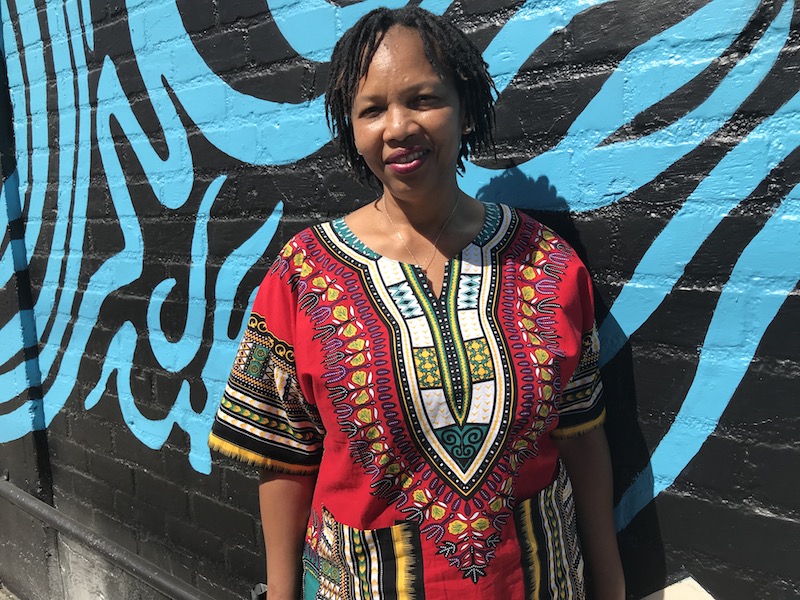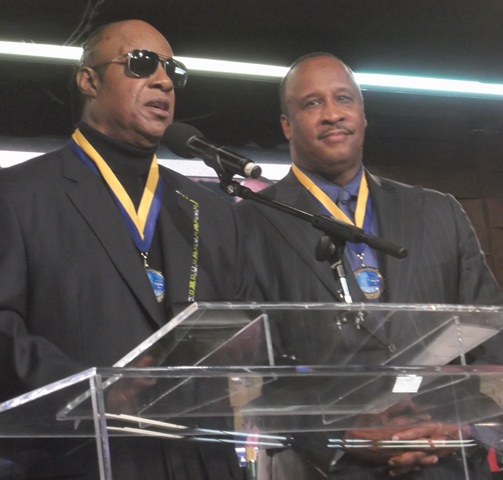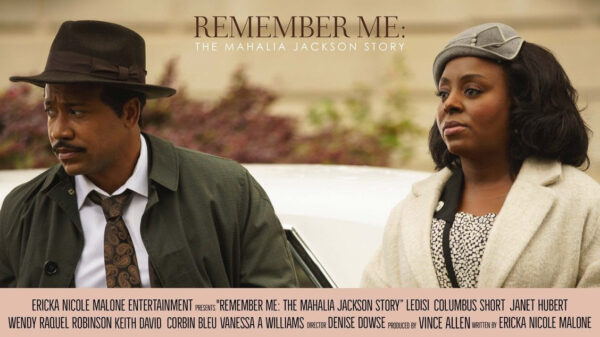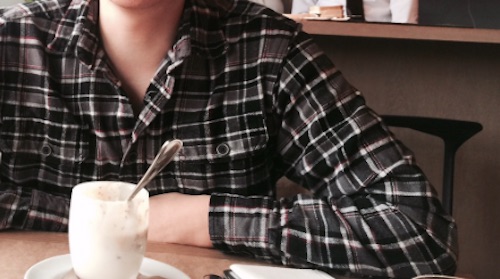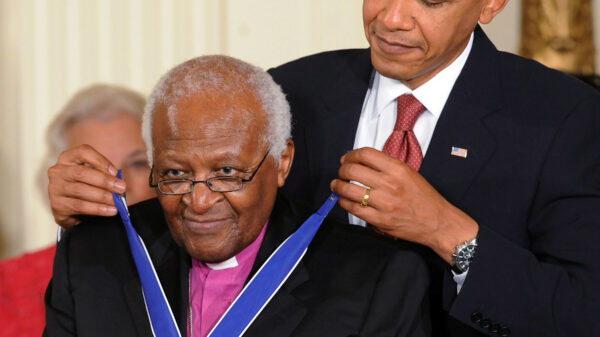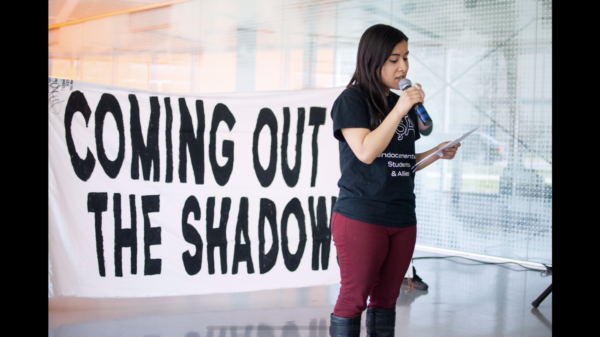The Garifuna International Indigenous Film Festival (GIIFF) will celebrate its 8th anniversary with a four-day festival, kicking off from May 23-26, 2019 in Los Angeles. GIIFF was founded in 2012 with the mission of providing a platform to preserve the culture of Garifuna as well as Caribbean and other indigenous cultures, by showcasing the cuisine, music and art of indigenous people and their communities from around the world.
We had a chance to chat with its festival director to tell us more about the Garifuna culture and its people.
Who are the Garifuna?
Freda Sideroff: Garifuna is who I am my people, my culture, my language. In the Garifuna language – that is, “au boun amuru nu,” this translates to “me for you and you for me.” Garifuna/Garinagou are an indigenous people from the intermarriage of West Africans and indigenous Kalinago, Caribs and Arawaks from the Caribbean island of Yurumein, today known as St. Vincent and the Grenadines. The Garifuna people suffered a painful past of genocide at the hands of the British more than 220 years ago.
How did your people suffer a genocide?
Freda Sideroff: In 1797, following a rebellion — the Second Carib War — led by our national hero Chief Joseph Chatoyer, the British killed our chief and banished more than 5,000 Garifuna to the island of Baliceaux before they were permanently exiled to the Honduran coast of Roatan. Still, half of the people didn’t survive the perilous voyage due to disease as well as lack of food and water. The Garifuna who survived, eventually settled in Honduras, Nicaragua, Guatemala, and Belize.
Where are Garifuna people today?
Freda Sideroff: Today, St. Vincent and the Grenadines, Dominica, Nicaragua, Honduras, Guatemala, and Belize have a large population of Garifuna in the world as well as the United States, with large communities in New York, Chicago and Los Angeles. I am a native of Belize, who lives in Los Angeles.
Do the Garifuna people have any ties to Africa?
Freda Sideroff: Yes, Garifuna is a marriage of cultures and ancestry – which includes the West Africans, Caribs and Arawaks. Interestingly, my ancestors were free people in Africa, taken and held in bondage with the intention of being enslaved. However, in transit, the slave ship wrecked; and the survivors were rescued and taken ashore on the Caribbean island of Yurumein, today known as St. Vincent, where they eventually intermarried.
Why did you launch the Garifuna International Indigenous Film Festival (GIIFF)?
Freda Sideroff: I founded GIIFF, a non-profit, 501 (c) (3) organization, to provide a platform to preserve the culture of Garifuna as well as other Caribbean and other indigenous cultures from around the world. I think it’s important to showcase the cuisine, music, dance and art of these minority communities. Indigenous people are integral to cultural diversity, globally, and recognizing these cultural traditions educates the majority community about the richness of traditional art forms and indigenous wisdom.
In your opinion, how is the Garifuna International Indigenous Film Festival (GIIFF) different from other film festivals?
Freda Sideroff: GIIFF is a global experience! We invite filmmakers and films from around the world with the primary focus of supporting the preservation of indigenous cultures. There’s a commonality within indigenous cultures and we need to protect the identity of it as well as value the contributions of these minority population. This year – that is, 2019 — has been declared “The Year of Indigenous Languages” (IY2019) to bring awareness to the alarming rate in which indigenous languages are disappearing. In some instances, indigenous people are forbidden to speak these precious languages and forced to assimilate within a community. We stand for inclusion for our indigenous global community. There’s an estimated 375 to 500 million indigenous people worldwide, spread across 90 countries and representing 5,000 cultures, according to the United Nations Development Programme
The uniqueness of indigenous cultures like Garifuna can be expressed in its language, music, dance, spirituality and food. It’s all the idiosyncrasies of an indigenous culture that makes it special. More importantly, it’s important to pass down these traditions from generation to generation … the ones who are meant to inherit the legacy of the language, the land, and the water. Indigenous people are the true cultural markers of the land.
And finally, besides the viewing of films, how will attendees get to experience the Garifuna culture at GIIFF as well as other indigenous cultures?
Freda Sideroff: I think the easiest way to introduce new people to a new culture is through the sights, the sounds and the food. The festival will feature a Garifuna artist, performing Paranda music; also, there’s a master class on drumming and spirituality performances; as well as art exhibitions. Also, during the festival, there will be a listening party, featuring various musical performances, such as Bomba — a traditional, indigenous art form of music and dance from the Afro-Puerto Rican diaspora — as well as tastings of Garifuna cuisine; so, attendees will not only enjoy films, but also explore these indigenous cultures through their senses.
With the revitalization of the Garifuna culture in full swing, the United Nations Educational, Scientific and Cultural Organization (UNESCO) proclaimed the Garifuna language, dance and music a “Masterpiece of the Oral and Intangible Heritage of Humanity” in 2001.
For more information about GIIFF, please visit http://www.GarifunaFilmFestival.com.

